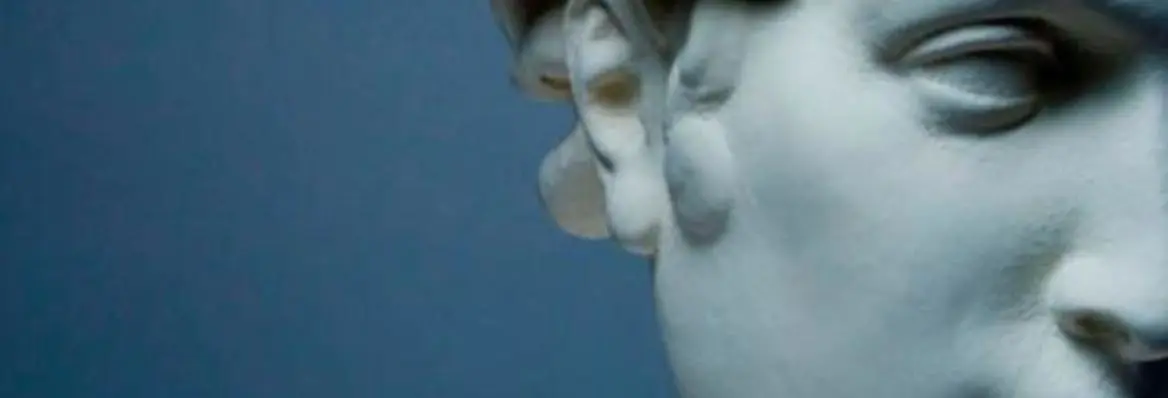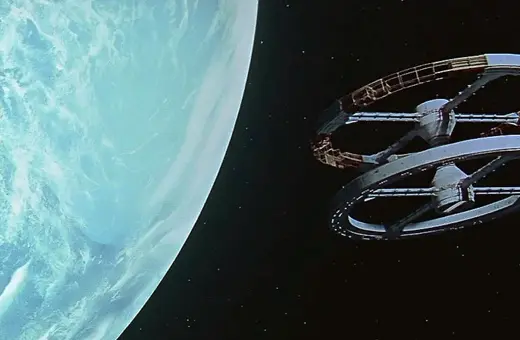This November marks the 12th anniversary of World Philosophy Day, a moveable feast endorsed by UNESCO and aimed at underlining the significant and often overlooked impact and value of philosophy on everyday life and human thought.
The benefits of philosophy on intellectual development have been well-documented, with a recent wide-ranging study in UK schools demonstrating that children who spent an hour each week participating in philosophical discussion, debate and reflection over the course of a year saw significant gains in maths and literacy skills, with disadvantaged students reaping the greatest benefits in terms of improvement. This of course attests to philosophy’s demonstrable social and economic ‘impact’ – a word quickly that has, quite deservedly, become anathema in humanities departments – but doesn’t speak to philosophy’s broader implications for self-reflection, confidence and reasoned deduction. At at a fundamental level, philosophy equips us with the tools to ask the questions that occur to most thinking people: Why am I here? What is it to be conscious? How can I live a good life?
At the Institute of Art and Ideas, you might not be surprised to learn that we take all of this quite seriously. It is our vision that philosophy and big ideas are an essential tool in determining what is possible; to finding new and better ways to make sense of our world.
This was why we began HowTheLightGetsIn, our annual philosophy and music festival, which will celebrate its 10th anniversary in 2018. Gathering together many of the world’s leading philosophers, scientists, politicians, activists, poets, sociologists, filmmakers, writers, and theologians, our festival has broken down the idea of philosophy as being an impenetrable and irrelevant discipline. With next year promising to be our biggest and best festival yet, we can attest firsthand to the important role of philosophical ideas in the daily lives of the public.
With that in mind, we’ve asked some of the IAI’s friends old and new to offer their own interpretations of what philosophy means to them and its value to our public and private lives. My own interpretation follows on from the late French phenomenologist Maurice Merleau-Ponty, who likened philosophy to “an endless rocking back and forth between knowledge and ignorance”. At its best, philosophy takes you out of your comfort zone – challenging your preconceptions, sharpening your critical faculties and attentiveness towards oneself and others. The road ahead might may not be easy, but the journey is one well worth undertaking.
—David Maclean
Rebecca Goldstein, MacArthur Fellow and recipient of the National Humanities Medal. Renowned for her elucidation of the ideas of Spinoza and Gödel, she currently serves on the World Economic Forum's Council on Values.
“The point of philosophy is to maximize the coherence among the multiplicity of beliefs and attitudes that we generate in the course of trying to get our bearings in this world and in the largest sense possible. Compartmentalized creatures that we are, we cohabit happily with our contradictions.. It’s philosophy’s goal to destroy that happiness.”
***

Massimo Pigliucci, K.D. Irani Professor of Philosophy at the City College of New York. An outspoken critic of pseudoscience, his work and public engagement sees him as an advocate for greater scientific literacy and Stoicism. His latest book is How to Be a Stoic: Ancient Wisdom for Modern Living.






















Join the conversation